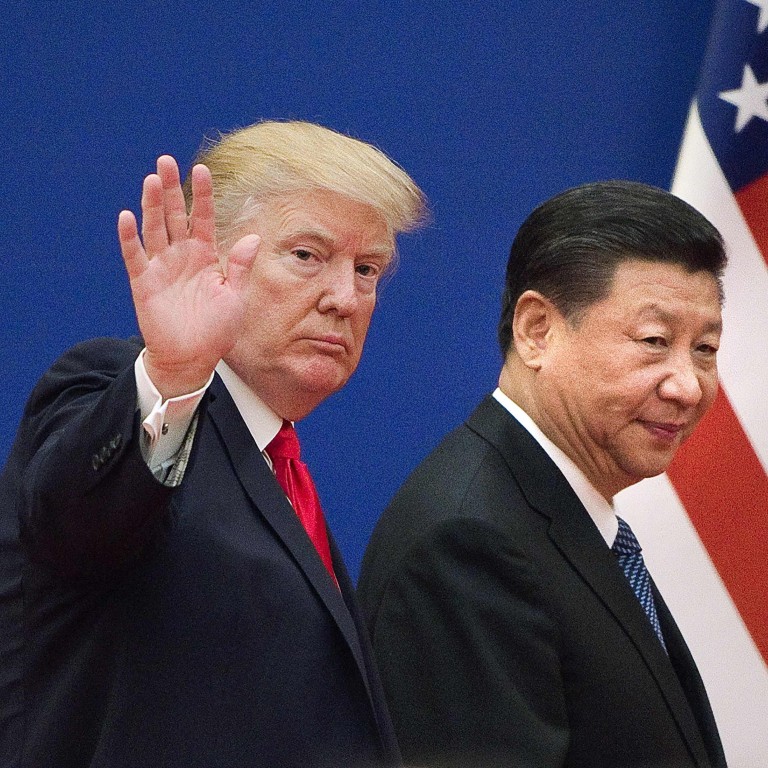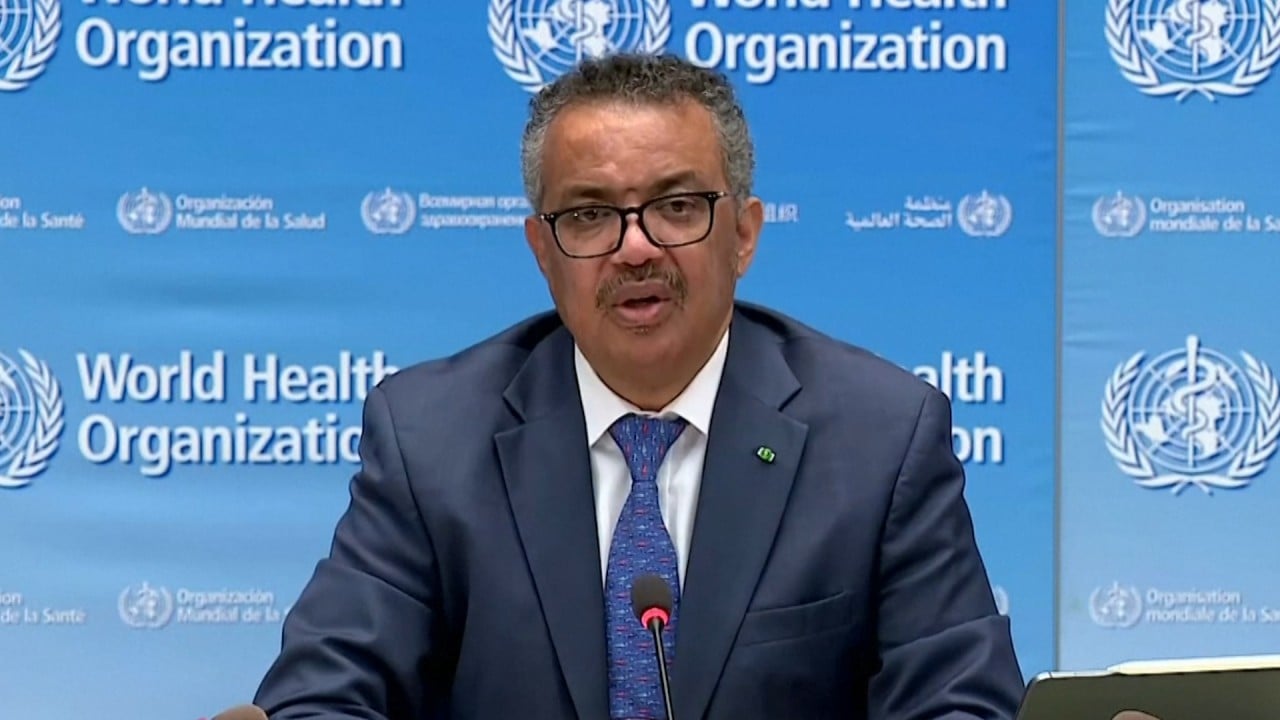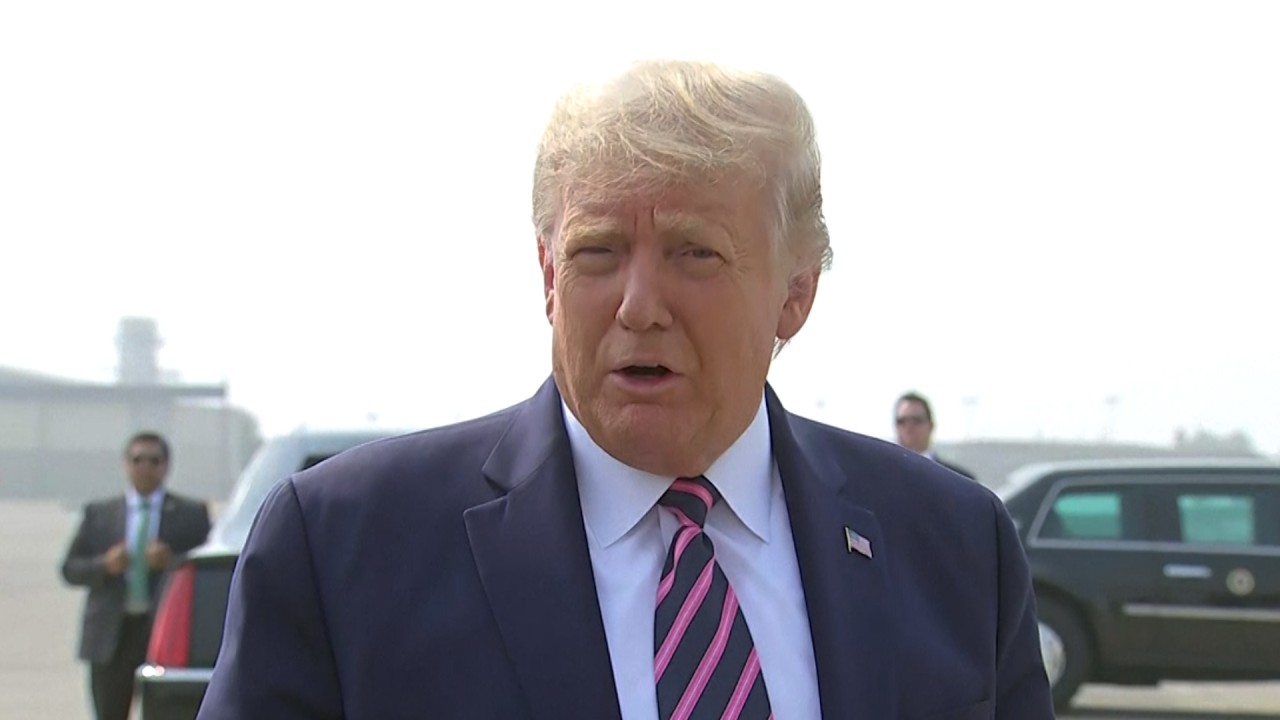
UN set to become latest forum for US-China rivalry and Donald Trump and Xi Jinping prepare to address General Assembly
- Chinese President’s address may focus on country’s support for multilateral institutions at a time when Washington is retreating
- Beijing marked body’s 75th anniversary by focusing on importance of international cooperation in facing challenges such as climate change and Covid-19
The worsening tension between the United Nations’ two big funder nations, China and the US, and the Covid-19 pandemic have been hanging over the international organisation’s 75th founding anniversary this year.
As Xi Jinping and Donald Trump are both expected to speak at the UN General Assembly sessions next week, Beijing’s increasing involvement in multilateral institutions at a time when Washington is retreating will be in sharp focus.
China’s foreign ministry released a position paper last week that celebrated the anniversary and which stated Beijing’s stance on international cooperation and major global challenges such as Covid-19 and climate change.
“The 75th anniversary of the UN presents important opportunities. As the world battles Covid-19, it is all the more important to renew the founding mission of the UN, forge international consensus on building a community with a shared future for mankind,” the document said.

00:46
There may never be a 'silver bullet' for coronavirus, WHO chief says
Wayne Tan, associate professor in international politics from the National Chung Hsing University in Taiwan, said he expected Xi’s address to the General Assembly to be in line with the position paper, which also criticised certain countries.
“While the document didn’t directly name the US, the language made it clear that it was deriding the US, by mentioning things such as protectionism, unilateralism, and bullying behaviour,” Tan said.
The position paper also called for a concerted global response to Covid-19, more cooperation with developing African and Southeast Asian countries, and implementation of the UN Framework Convention on Climate Change and the Paris Agreement.
“It just so happened the document included things that Trump said he didn’t want to do … It’s like telling everyone the US doesn’t want to do these things, but we are willing to carry them out with other countries,” Tan said.
Trump expects enough coronavirus vaccine ‘for every American’ by April
The 193-member UN General Assembly, hosted virtually for the first time this year due to the pandemic, passed a wide-ranging resolution on tackling the Covid-19 pandemic last Saturday with 169 countries in support, and the US and Israel being the only two countries to vote ‘no’.
A declaration to mark the anniversary that contained the phrase “our vision for a common future” was objected to by the US, Britain, Japan, India, Canada and Australia for being what they called Xi rhetoric until the language was removed, Reuters reported on Wednesday.

01:26
‘It’ll get cooler’ says Trump as wildfires ravage US west coast
Jacques deLisle, a professor of law and political science at the University of Pennsylvania, said Xi Jinping has been pushing for China to play a much more active role in shaping international rules and institutions, which has placed emphasis on values different to those of the US.
“Chinese nationals now occupy senior positions in a lot of UN-affiliated organisations. China has been quite assertive in pushing norms that are very much not the ones that the US has traditionally pushed,” deLisle said.
“It’s a very different, much less focused on international openness, say in cyberspace or international norms, or human rights.”
An item that has been missing from the UN agenda in recent years but which has gained renewed attention was Taiwan’s membership to the international body and its affiliate organisations. The Republic of China or Taiwan’s UN membership was revoked in favour of the People’s Republic of China in 1971.
Boris Johnson says virus second wave ‘inevitable’ as Britain mulls new lockdown
On Wednesday, the US ambassador to the UN Kelly Craft met Taiwan’s top official to the US, James KJ Lee. Craft said that they were discussing ways to best help Taiwan become more engaged within the UN, Associated Press reported.
Bonnie Glaser, a senior adviser at think tank the Centre for Strategic and International Studies in Washington, said that Taiwan is increasingly viewed as an important US partner that shares their values and can contribute in addressing global problems.
“The Trump administration gives little heed to Beijing’s anger at its effort to strengthen ties with Taiwan and promote Taiwan’s participation in the international community,” she said.
Taiwan previously had not focused on entering the UN but looked at more meaningful organisations such as the World Health Assembly, where Taiwan was able to send a representative between 2009 and 2016 under the less defiant Ma Ying-jeou administration.
It was not raised during this year’s WHA meeting as the format became virtual and shortened, because of the pandemic.
“If it were normal in-person meeting, every one of Taiwan’s diplomatic allies would have gotten up and spoken on its behalf. Maybe the United States or a few other countries. But at the same time, China is going to continue to block Taiwan’s observership,” Glaser said.
The next opportunity for Taiwan to pursue observership would be in November, when the resumed session of the 2020 WHA meeting has been planned. There may also be a possibility that the US or other UN members will raise the issue of Taiwan’s participation at the General Assembly, Glaser said.

